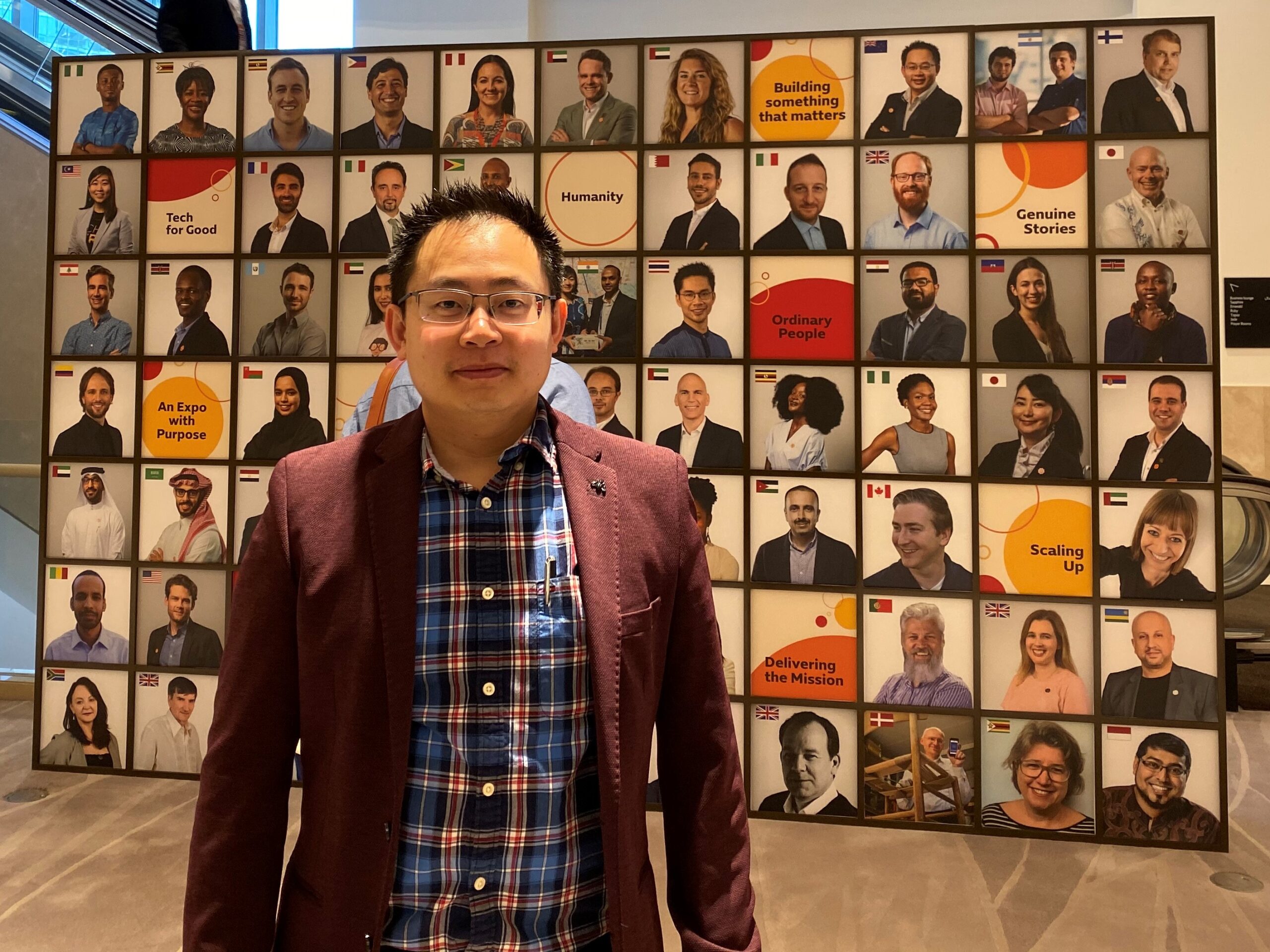Dunedin ophthalmology company ODocs Eye Care is the only New Zealand business to win the Dubai World Expo 2020 innovation grant.
In the lead up to the expo, organisers have offered grants to the world’s leading innovation companies and organisations.
Expo 2020 Dubai will be the first world expo ever hosted in the Middle East, Africa and South Asia region, with more than 200 countries taking part and 25 million visitors expected to attend from next October to April 2021.
ODocs was set up five years ago by award-winning Dunedin’s Dr Hong Sheng Chiong and ophthalmologist and World Cup rugby referee Dr Benjamin O’Keeffe.
“It is an enterprise with a mission to end preventable blindness through the use of affordable smartphone technology and artificial intelligence,” oDocs chief executive Dr Hong (pictured) says. “We are thrilled to win the $US100,000 grant to further research and develop the oDocs smartphone and artificial intelligence technology.
“ODocs has also received additional co-funding from Callaghan Innovation to hire post-graduate research and development talent from the University of Auckland.
The World Expo grant is a first for a New Zealand company. So far, oDocs Eye Care is the first and only New Zealand company selected as part of the community of global innovators by the Dubai Expo. At the moment, there is a total of 120 global innovators from 65 countries involved.
Dr Hong will meet the New Zealand commissioner for the Dubai Expo 2020, Clayton Kimpton, in Dubai next year. NZTE is hoping the oDocs win will inspire other Kiwi companies to participate at the Dubai Expo 2020, Dr Hong says.
He has produced a world first smartphone diagnostic kit which helps diagnose people who may have sight-threatening illnesses. The invention is one in the eye for blindness as the free app thinks it’s an eye doctor. His medical company, oDocs Eye Care, created the app-kit that performs a similar function to $50,000 worth of eye examination equipment.
Dr Hong has won the Health Institute New Zealand’s Clinicians’ Challenge for his oDocs Eye Care initiative and has also won a New Zealand Innovators Awards People’s Choice Award.
He says emergency eye care diagnosis can be slow, unresponsive and expensive. oDocs has created a portable eye care kit that uses a 3D printer and a smartphone to create ocular imaging adaptors that take pictures of the eye and retina.
“There are other kits on the market that perform similar functions to the direct ophthalmoscope and are smart phone enabled, but they do not offer the same level of optics nor are they as affordable as our kit.”
Visual impairment and blindness are a global problem, with at least 2.2 billion people suffering with the disability worldwide, according to the World Health Organisation. About 80 percent of cases are preventable or treatable.




